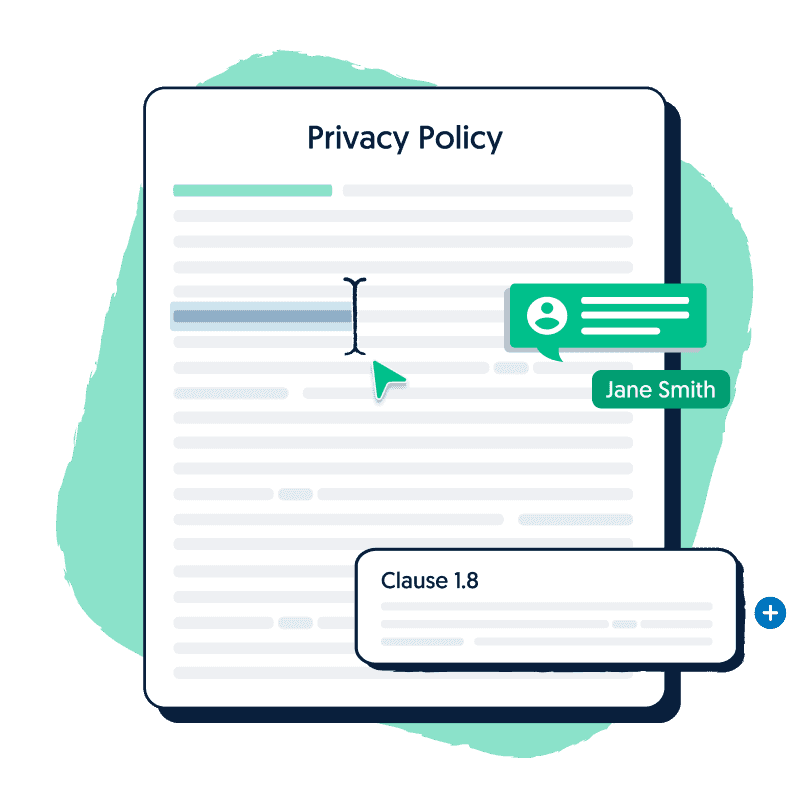Sydney-based solicitor, working at Watkins Tapsell Solicitors and Barristers. Formerly Legal Intern at Lawpath.
The advantages of running a business online are well known. Not only will you have less overhead costs, but you’ll also reach a wider market than ever before. Starting an online business is something that anyone can do, all you need is the internet and something to sell. Tasks such as building and registering your website, getting your terms and conditions and promoting your business can be done easily online. There are also numerous plug ins and third party apps to make running your business as smooth as it can be. In this article, we’ll outline everything you need to know about starting an online business and what you’ll need.
Getting your website up and running
The key ingredient of an online business is its website. Even if you’re going to be mainly selling your products on third party sites such as eBay or Etsy, having a site which provides information on your products is useful. To launch your website, you will first need to register your domain name. Once you pay the required fee, your website name will be protected for the term of the lease. However, you should always remember to reactivate your domain name before it expires so someone else can’t claim it.
Design
Similar to the way you would design a retail store, your online website needs to be appealing to the customer’s eye. There are many websites which offer free or inexpensive website templates to make designing your website that much easier. If you want your website to have a unique look, you can also enlist the help of a website designer. It is important to make sure however, that the designer assigns all the intellectual property to you once they have finished the job otherwise this can lead to problems later on.
Privacy Policy
Selling products online inevitably means that your website will be collecting customer information. For this reason, it is always good to have a privacy policy. A privacy policy specifies how you will collect, use and store customer data. Along with ensuring your business is protected, it also fosters trust and transparency between you and your customers. In the same way that you would be careful with how you manage customer records in a physical store, doing so online also requires care.

Get a free Privacy Policy when you sign up to Lawpath today.
A Privacy Policy is required by law in certain circumstances. It outlines how your business will use, store and collect your customers information.
Terms and Conditions
Under consumer law if you are starting an online business and selling goods or services on your website then you must have terms and conditions. This will set out the refunds, warranties and guarantees your customers have a right to. Furthermore, your terms and conditions should protect your intellectual property and limit your liability as well. It would also cover breakdowns in shipping and policies for disputes. Although you can customise your terms and conditions to suit your business, they also need to comply with the ACCC’s consumer guarantee. Your terms and conditions can also address how users should interact with your website. For example, you can have a clause expressing your right to ban users from your website who post racist or offensive content.
Shipping and eCommerce
When consumers go to use your website they are probably going to want the product shipped to their residential address. This means you will need to set up a payment option and a shipping system. There are already numerous payment systems on the internet. As a result, using a third party system that is well respected will add to your credibility. This is in contrast to just a box for credit cards details directly. Furthermore, when it comes to shipping you may want terms from your T&C’s about shipping posted near the shipping section. Then the actual act of shipping, you could use a courier service or another company to reduce costs. If you are uncertain whether you missed something then you could check with a business lawyer.
Email Subscription and Marketing
When you are starting an online business you will normally make use of a email marketing scheme. Then you can send product links, business updates and more. However, if you are doing this, you must have an unsubscribe button so individuals can opt out. The next thing to consider is an email disclaimer. This will protect you from error and limit your liability. Hence, using a disclaimer will go a long way to protecting your business.
Conclusion
We live in a time where consumers prioritise convenience just as much as price. In this sense, starting a business online offers huge potential for you to tap into different markets and expand your business. Further, online businesses are inherently cost-effective, meaning the money you would spend running a physical business can go into your pocket.
Don't know where to start?
Contact us on 1800 529 728 to learn more about customising legal documents, obtaining a fixed-fee quote from our network of 600+ expert lawyers or to get answers to your legal questions.






